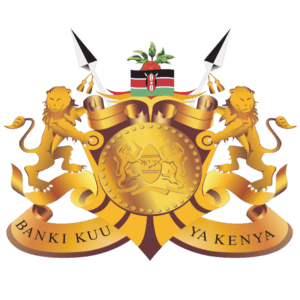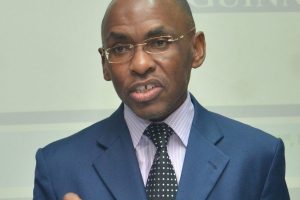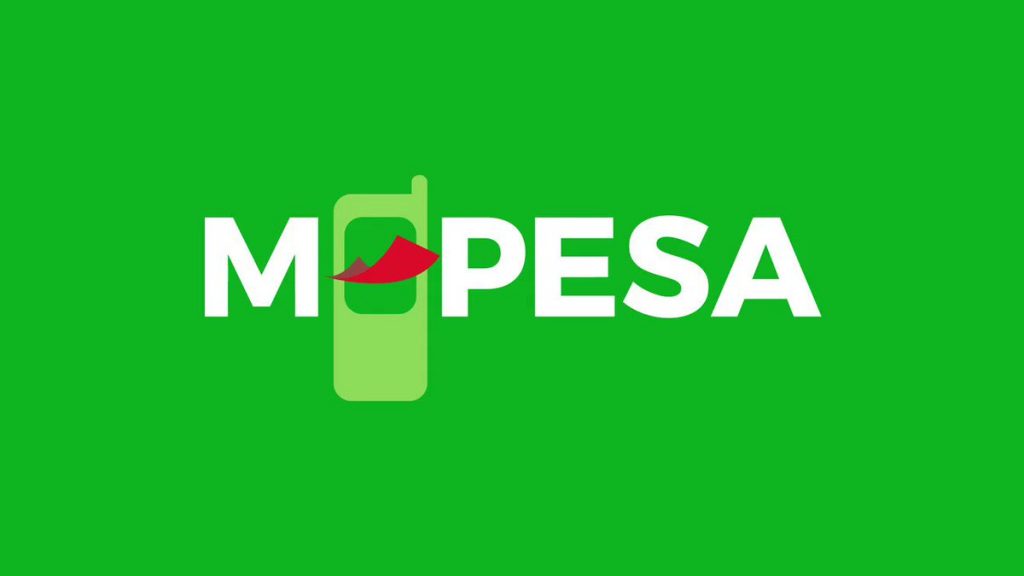Telecommunications giant; Safaricom’s mobile money service M-Pesa, has now surpassed its voice service to become the top revenue earner for Safaricom. This development is proof of the continued growth of M-Pesa, a financial service which was launched in 2007 on the 6th of March.

The revenue for M-Pesa dropped by 2.1 percent to 82.64 billion Kenyan Shillings in the year which ended in March of 2021. This means it beat the sales from voice which experienced a revenue decline of 4.6 percent to 82.55 billion Kenyan Shillings.
The net profit for Safaricom dropped by 6.8 percent to 68.6 billion Kenyan Shillings during the period under review as a result of the Coronavirus pandemic which negatively affected the revenue streams for numerous financial services and calls in the year which ended in March of 2021.
Safaricom which is listed on the Nairobi Securities Exchange announced a final dividend of 0.92 Kenyan Shillings. This brought its total payout in the period under review to 1.37 Kenyan Shillings per share.
The payout is also significant of a slim decline from the distribution of 1.4 Kenyan Shillings per share which was the case just a year before.
The rise of M-Pesa to the very zenith was achieved in spite of the telecommunications giant; Safaricom carrying out a zero rating fees decision on all transactions of 1,000 Kenyan Shillings and below from the 16th of March 2020 to the 31st of December 2020.

On the 1st of January 2021 when the charges were finally reimplemented the Central Bank of Kenya (CBK) and Safaricom reached an agreement with regards to a review of the tariffs. Said review led to the drop of fees for transactions of low value by as much as 45 percent.
Despite the discounts on offer by Safaricom called Tunukiwa, its voice revenue still experienced a decline in the number of subscribers.
The Chief Executive Officer (CEO) of Safaricom; Peter Ndegwa stated that telecommunications company’s dominance in the mobile money sector will only increase. He also reflected on the voice business reaching maturity and the mobile money sector’s growth opportunities.
In the words of the Chief Executive Officer (CEO), “M-Pesa will keep growing just because there are more growth opportunities. Voice is a mature business and we expect it to decline slowly in the years ahead.”
The financial service that is M-Pesa now represents 31.3 percent of Safaricom’s total revenue of 264 billion Kenyan Shillings. This is higher than the 31.2 percent achieved by voice during the same period under review.

The growth of M-Pesa has been at a compound annual growth rate of 36.05 percent since the year which ended in March of 2009 where the mobile phone-based money transfer service achieved 1.5 billion Kenyan Shillings in sales which in turn represented 2.1 percent of Safaricom’s total revenue.
The growth rate of Safaricom’s voice service reduced, resulting in a compound annual growth rate of 2.65 percent since 2009 where its sales reached 58.79 billion Kenyan Shillings and represented 83.4 percent of the total turnover.
The results of Safaricom for the year which ended in March of 2021 revealed that its M-Pesa service is dominating its voice service in the aspect of customer numbers. This is proof that the numerous uses of the M-Pesa platform is helping it increase its subscriber base at a significantly quicker pace.
The one month active customers for M-Pesa increased by 13.6 percent to 28.3 million. For the voice service, its one month active subscribers increase by 6.9 percent to 27.5 million.
M-Pesa during its first month only had 355 agents, 52,453 customers, and transactions which were valued at 98 million Kenyan Shillings which is 5.3 percent of the 1.8 trillion Kenyan Shillings that it now handles.
M-Pesa a platform which first began as a person to person service for cash transfer, had now evolved to also provide international remittances, payments, business analysis and support, and credit.

The former Chief Executive Officer (CEO) of Safaricom; Michael Joseph aided in the popularization of innovative platform. Michael Joseph was also instrumental in the securing of the first wave of merchants, as well as customers.
The former Chief Executive Officer (CEO) of Safaricom was in addition, at the forefront of the numerous engagements with regulators including the Central Bank of Kenya (CBK). This in turn, made it possible for the budding platform at the time to kick off well even in the middle of opposition from banks.
Bob Collymore who took over from Michael Joseph as the Chief Executive Officer (CEO) of the telecommunications giant; furthered the growth via partnerships with banks in Kenya, created mobile banking services like M-Shwari and KCB (KCB M-Pesa).
The current Chief Executive Officer (CEO) of Safaricom; Peter Ndegwa is set to continue the growth of M-Pesa both within Kenya and across the African continent via Safaricom’s joint venture with Vodacom Group which is its parent company based in South Africa.

In his words, “Safaricom has made applications to offer additional services such as investments and insurance whose rollout awaits regulatory approval.”
He further emphasized the company’s commitment to its policy of distributing not less than 80 percent of its total net earnings.
The Chief Executive Officer (CEO) said, “We are committed to investing in the business and maintaining a consistent dividend payout ratio in line with our current dividend policy.”
Projections by the telecommunications giant revealed that there is a possibility for its earnings to grow by as high as double digits in the current financial year which will be ending in March of 2022.
The company’s Earnings Before Interest and Tax (EBIT) are already being forecasted to land in the range of 105 billion Kenyan Shillings to 108 billion Kenyan Shillings from the 96.1 billion Kenyan Shillings in the financial year which ended in March of 2021.
The telecommunications company; Safaricom is also waiting on the outcome of its bid for one of the two operating licenses for telecommunications in Ethiopia. Its only rival so far is the South African company; MTN Group.

9 other telecommunications companies had initial shown interest in the auction for the telecommunications operating licenses. They however pulled out at the last stage. Reports indicated that they pulled out as a result of an alleged lack of transparency in the process as well as in the requirements that the winners would construct their own network infrastructure like communication towers.
How informative was this article? Are there any other news topics, categories, or How To topics, that you would like us to write on? Feel free to reach out to Mpesa Pay in the comment section.


